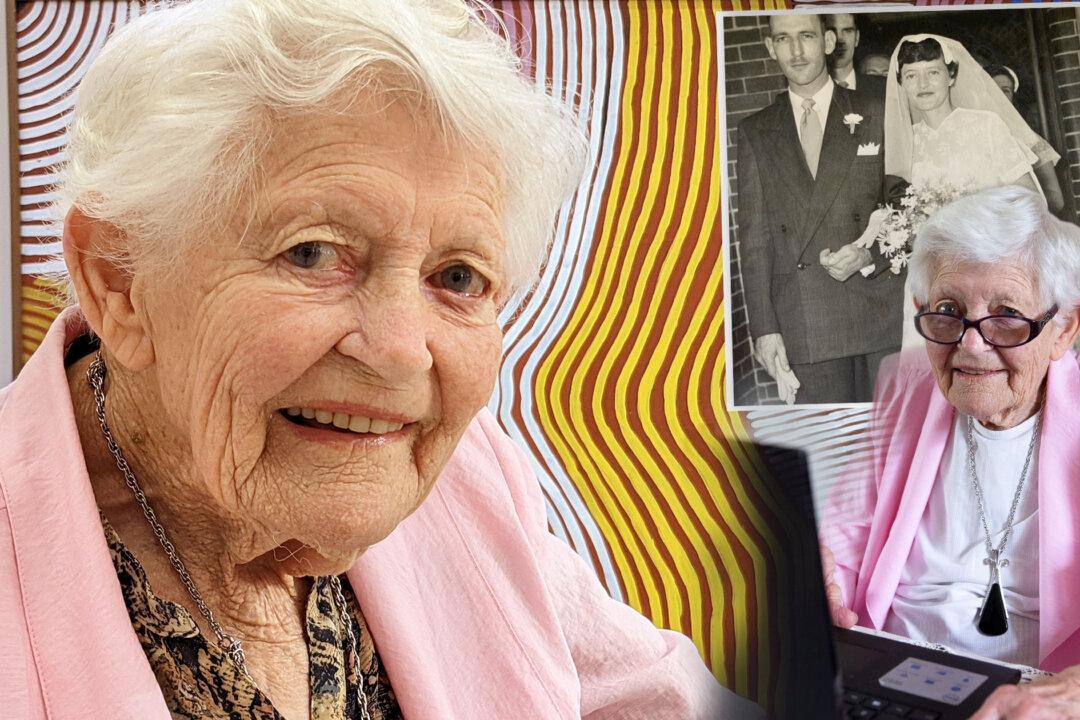At 93, Australia’s oldest university student is a force to be reckoned with. With no desire to retire, she’s so busy advocating for the elderly that she has to study part-time.
Val Fell was born in Sydney, Australia, on Feb. 14, 1929. A great-grandmother of three, today she lives in Wollongong, New South Wales, and is studying for a Bachelor of Dementia Care at the University of Tasmania.





